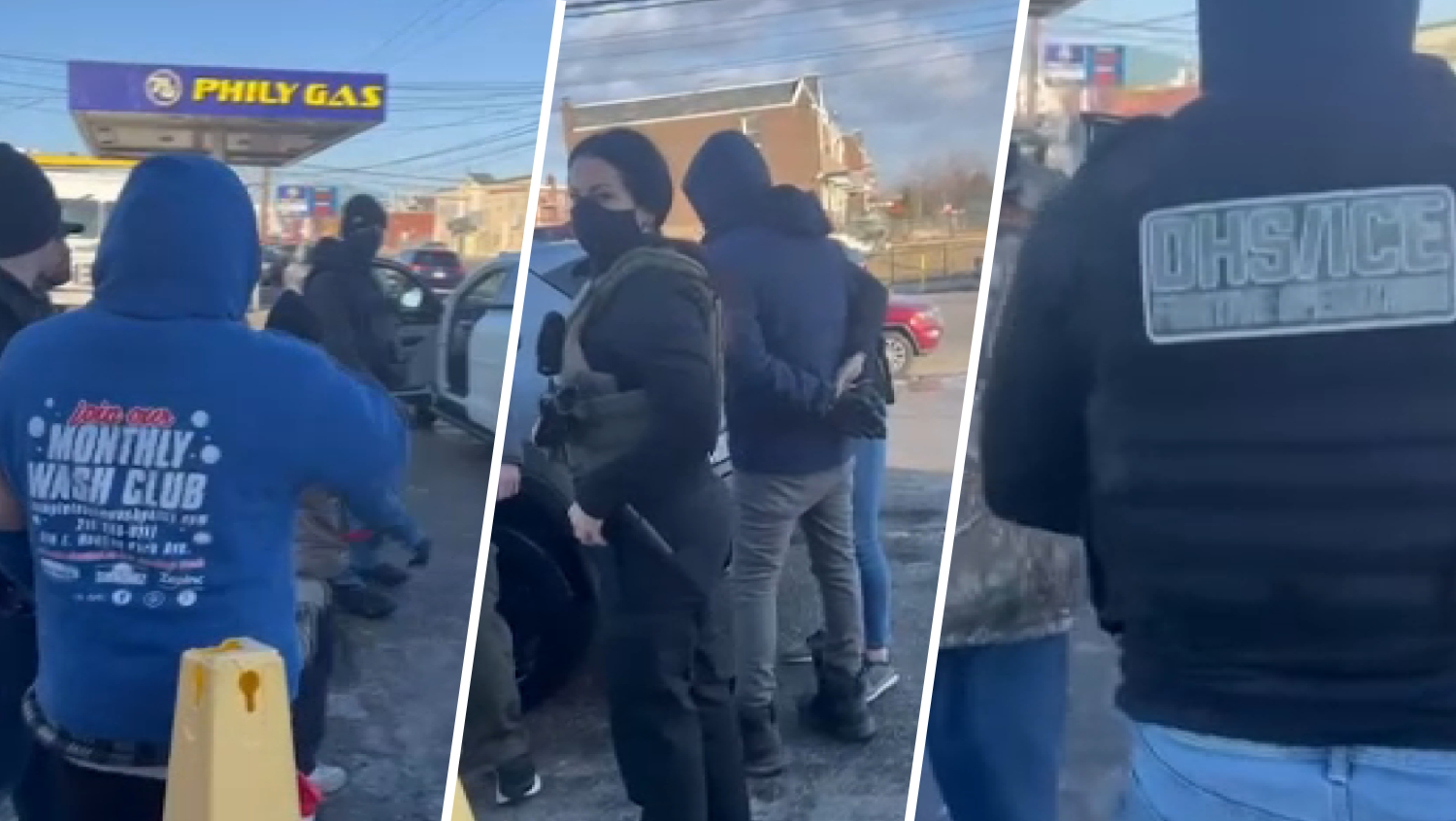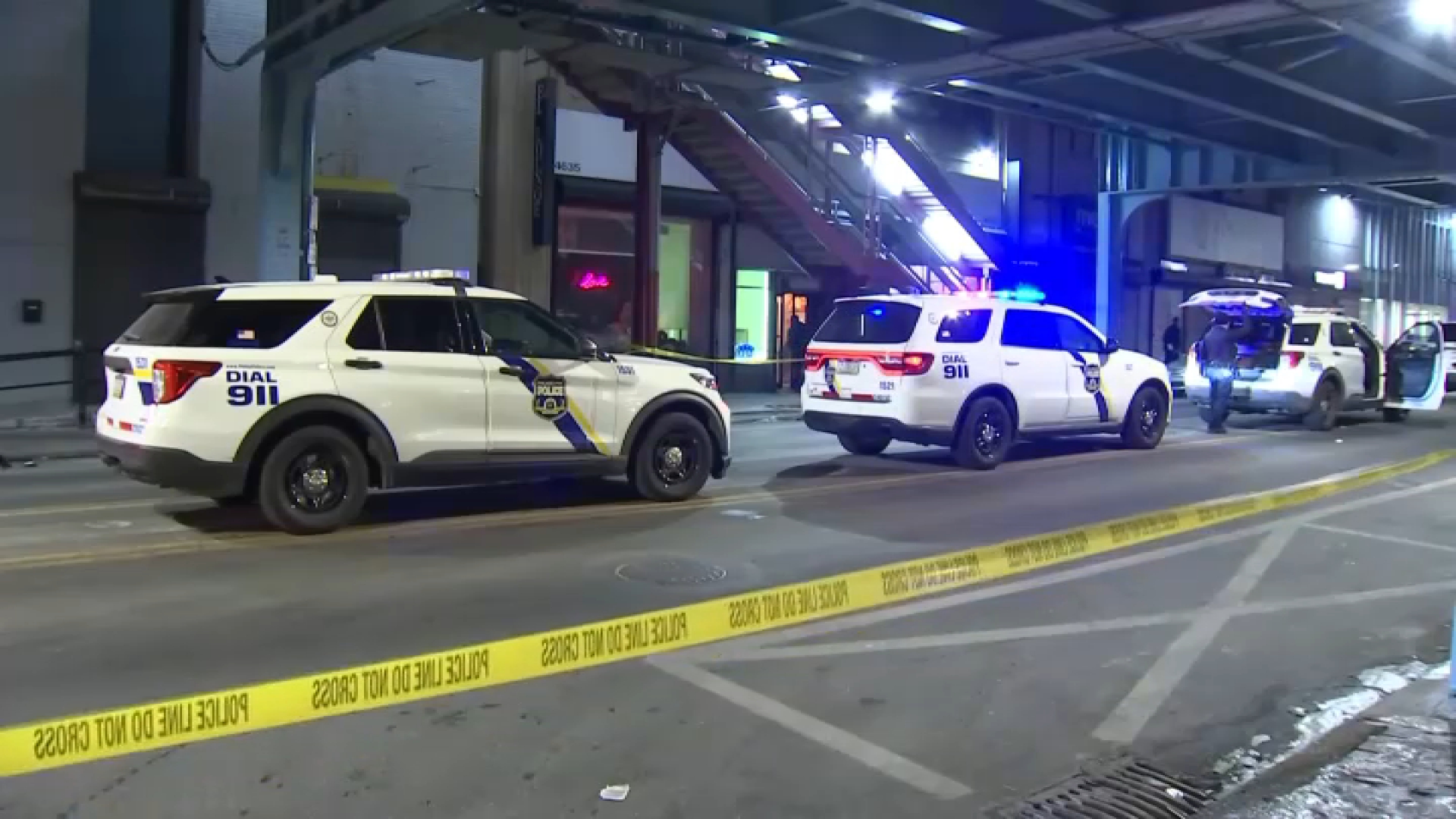Warning: The details of this story are extremely graphic and could be disturbing to some readers.
It’s been five years since 14-year-old Grace Packer was raped and murdered by her adoptive mother and her mother’s boyfriend. The case sent shockwaves throughout Pennsylvania and shed light on the issues within the state's foster care system.
Yet half a decade later, officials say major changes to that system that could prevent another tragedy still haven’t been made.
In 2019, Jacob Sullivan pleaded guilty to first-degree murder and other offenses for killing Grace Packer as part of a rape-murder fantasy he shared with the teen’s mother, Sara Packer.
Get top local stories in Philly delivered to you every morning. Sign up for NBC Philadelphia's News Headlines newsletter.
Prosecutors painted a nightmare scenario inside the family's Quakertown home. They said Sara Packer hated Grace and watched as Sullivan sexually assaulted and strangled her in a hot attic outside Philadelphia in July 2016, and helped hack up her body and dispose of it months later.
In a confession to police, Sullivan said he and Sara Packer plotted Grace's death. Sullivan admitted he punched and raped Grace as Sara Packer watched, bound her hands and feet with zip ties and stuffed a ball gag in her mouth.
“I got wrapped up in Jake’s fantasy,” Sara Packer said. “I didn’t think I could tell him no without losing him.”
Local
Breaking news and the stories that matter to your neighborhood.
Prosecutors said Sullivan and Packer also gave the teen what they intended to be a lethal dose of over-the-counter medication and left her to die in a sweltering attic.
Grace eventually managed to escape some of her bindings and spit the gag out, but was unable to make it out of the house before Sullivan and Packer returned overnight — some 12 hours later — and Sullivan strangled her as Sara Packer watched.
The couple stored her body in cat litter for months, then hacked it up and dumped it in a remote area where hunters found it in October 2016, prosecutors said.
Sullivan told police he wanted the torture and death "to be fun" for the teen.
Sullivan was sentenced to death and was held at SCI Phoenix in Collegeville where he died last year from a ruptured aortic aneurysm.
Sara Packer, meanwhile, received a life sentence in a plea deal with prosecutors.

The Pennsylvania Department of Human Services said in a 2019 report about Grace's life and death that the state's child welfare system was overwhelmed and in need of more accountability at the county level.
Grace moved in and out of the county child welfare systems of eastern Pennsylvania throughout her life. Grace’s biological parents lost custody of the girl and her brother because they could not provide a safe home for them due to mental illness and her husband's intellectual challenges, The Morning Call reported.
Sara Packer and her husband at the time, David Packer, adopted Grace and her brother in 2007.
The Packers cared for dozens of children before David Packer was sent to prison for sexually assaulting Grace and a 15-year-old foster daughter at their Allentown home.
Sara Packer lost her job as a Northampton County adoptions supervisor in 2010 and was barred from taking in any more foster children. But child welfare authorities did not remove Grace from the home, despite evidence of abuse.
“What Sara Packer was able to do was to go from Lehigh County to Montgomery County to Bucks County and effectively skirt detection so that she was free to do whatever she wanted with whomever she wanted to poor Grace Packer and Grace Packer unfortunately suffered the absolute worst,” Bucks County District Attorney Matthew Weintraub, who gave Sullivan the death penalty, told NBC10. “This was a system failure.”
For a few months in 2015, Grace spent time in North Carolina, overseen by a county social services agency there.
Repeatedly, the report indicates, Grace was the subject of sexual abuse.
"The evaluation identified concerns that Grace may have been molested. However, it was unknown when this happened or who may have abused her," the report said of an incident reported to Berks County Children and Youth.
Other incidents of sexual abuse against Grace occurred in June 2010 and in April 2012, according to reports.
"Repeatedly, it was noted that Grace was receiving (redacted) services, yet it seemed that much of it was not focused on the key issues in this child's life," the report noted, adding that at one point along the way an intern was charged with helping Grace — though some words are redacted — "rather than a seasoned (redacted) with experience in such severe sexual abuse."
The Pennsylvania Department of Human Services launched an investigation after Grace's murder. Its findings have not been made public.

Despite the reports, officials say there have been few changes to the foster care system since Grace’s death.
“I’m really sad. I’m really disappointed,” Weintraub said. “I focused on staying in my lane and I was hopeful that other experts and other people in government would take the ball after we were done and run with it and try to protect children other than Grace Packer so that she would not have died in vain. And yet here we are with no changes being made. It’s really, really a sad day.”
Weintraub told NBC10 there are multiple places the law can and should change in order to protect foster children. He said social workers need increased vetting and all children service agencies in the state need to talk to each other and allow police access to information when they ask for it.
State Rep. Chris Quinn (R-168) told NBC10 he’s still waiting for a report on Grace’s death from the Pennsylvania Inspector General.
“They promised us a couple years ago that they would come together,” Quinn said. “They’ve done nothing. It’s been five years since Grace was murdered.”
NBC10 reached out to the Inspector General’s Office several times to ask about the report and when it would be finished. We were told “no comment.” Quinn’s Office said the representative may be trying to make the changes alone. Without knowing the full scope of the problem however, trying to bring those changes to the lives of abused children will continue to be a difficult task.



